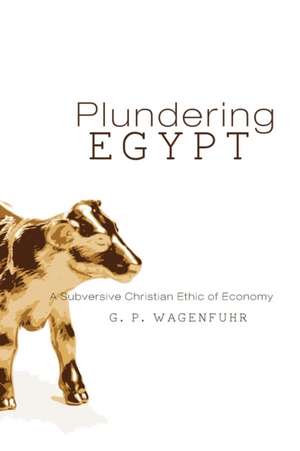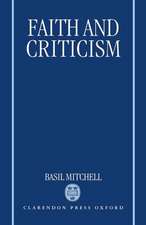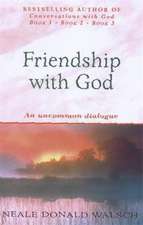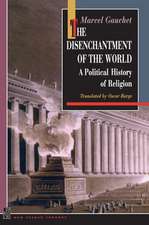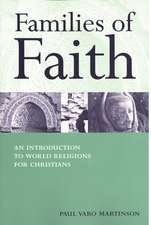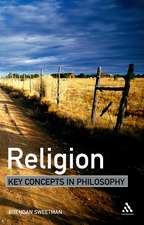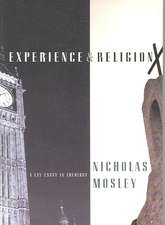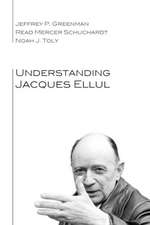Plundering Egypt
Autor G. P. Wagenfuhren Limba Engleză Paperback – 29 mar 2016
| Toate formatele și edițiile | Preț | Express |
|---|---|---|
| Paperback (1) | 195.81 lei 3-5 săpt. | |
| CASCADE BOOKS – 29 mar 2016 | 195.81 lei 3-5 săpt. | |
| Hardback (1) | 302.65 lei 3-5 săpt. | |
| CASCADE BOOKS – 30 mar 2016 | 302.65 lei 3-5 săpt. |
Preț: 195.81 lei
Nou
Puncte Express: 294
Preț estimativ în valută:
37.47€ • 38.90$ • 31.25£
37.47€ • 38.90$ • 31.25£
Carte disponibilă
Livrare economică 01-15 martie
Preluare comenzi: 021 569.72.76
Specificații
ISBN-13: 9781606086636
ISBN-10: 1606086634
Pagini: 274
Dimensiuni: 152 x 229 x 16 mm
Greutate: 0.39 kg
Editura: CASCADE BOOKS
ISBN-10: 1606086634
Pagini: 274
Dimensiuni: 152 x 229 x 16 mm
Greutate: 0.39 kg
Editura: CASCADE BOOKS
Notă biografică
G. P. Wagenfuhr (PhD, University of Bristol, UK) is a pastor in the Presbyterian Church (ECO). He has spoken internationally on Jacques Ellul and an engagement between sociology and theology.
